Home>Gardening & Outdoor>Plant Care & Gardening Tips>What Kind Of Wildflower Seeds To Buy For North Carolina
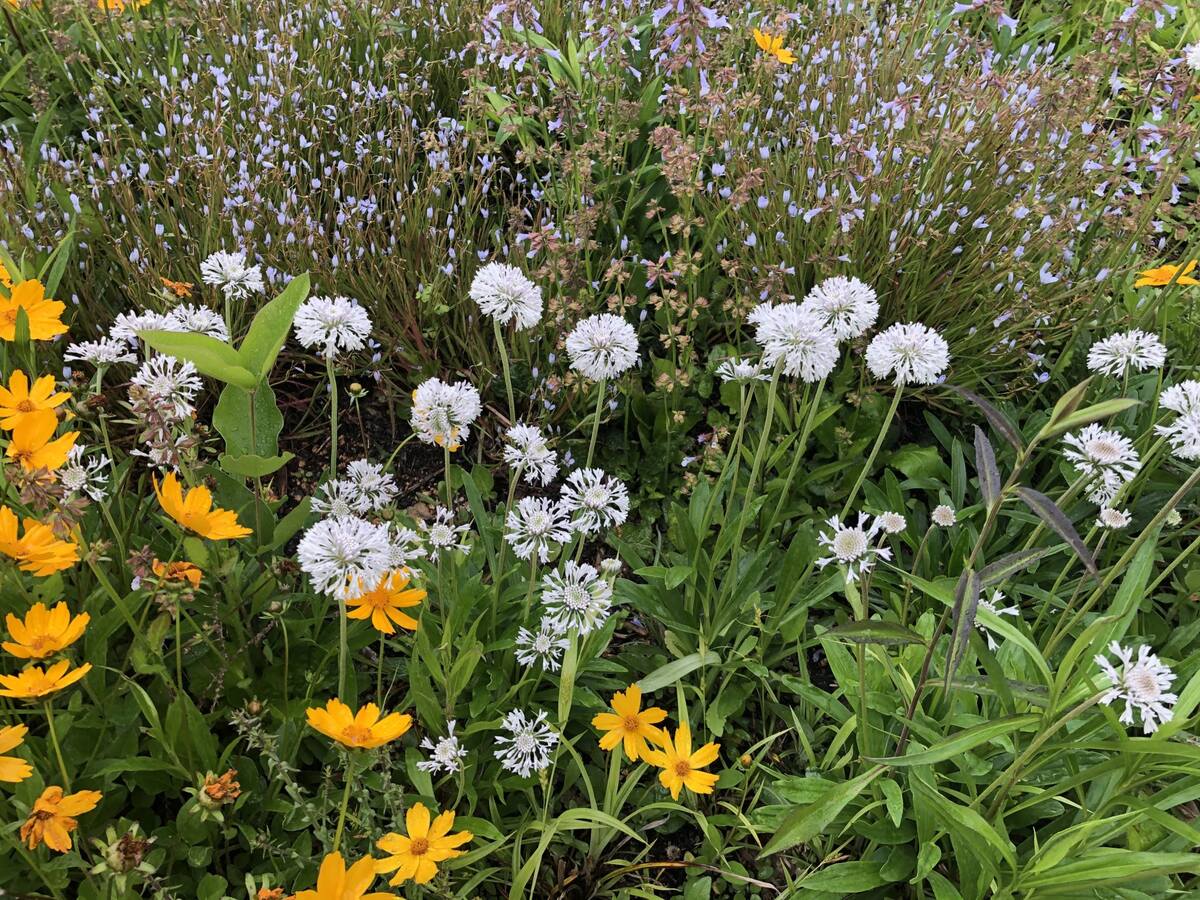

Plant Care & Gardening Tips
What Kind Of Wildflower Seeds To Buy For North Carolina
Modified: January 5, 2024
Discover the best wildflower seeds to buy for North Carolina and get expert plant care and gardening tips to create a vibrant and thriving garden. Explore our top recommendations for native wildflowers and enhance your outdoor space today!
(Many of the links in this article redirect to a specific reviewed product. Your purchase of these products through affiliate links helps to generate commission for Storables.com, at no extra cost. Learn more)
**
Introduction
**
Welcome to the vibrant world of wildflowers in North Carolina! Whether you're a seasoned gardener or just starting your journey into the realm of plants, wildflowers offer a delightful way to enhance your outdoor spaces while supporting local ecosystems. In this article, we'll delve into the diverse array of wildflowers that flourish in North Carolina, guiding you on the best types of wildflower seeds to purchase for this region. By understanding the climate, soil conditions, and native flora of North Carolina, you can make informed choices when selecting wildflower seeds for your garden or landscape.
Wildflowers are not only visually captivating, but they also play a crucial role in supporting pollinators such as bees, butterflies, and birds. By choosing the right wildflower seeds, you can create a haven for these essential creatures while adding a burst of color and life to your surroundings. So, let's embark on this botanical adventure and explore the fascinating world of wildflowers in North Carolina!
**
Key Takeaways:
- Embrace North Carolina’s diverse climate and soil to select native and non-native wildflower seeds that support local ecosystems and add vibrant beauty to your garden.
- Choose high-quality wildflower seeds from local nurseries, online suppliers, botanical gardens, and specialty companies to create a sustainable and captivating wildflower garden in North Carolina.
Understanding North Carolina’s Climate and Soil
**
Before diving into the world of wildflowers, it’s essential to grasp the unique climate and soil characteristics of North Carolina. The state’s climate varies from the coastal plains to the mountainous regions, encompassing a diverse range of growing conditions. North Carolina experiences a humid subtropical climate in the coastal region, characterized by hot, humid summers and mild winters. In contrast, the mountainous areas feature a more moderate, cooler climate.
When it comes to soil, North Carolina boasts an assortment of soil types, including sandy loams in the coastal plains, rich alluvial soils along river valleys, and fertile, well-drained soils in the Piedmont region. Understanding the specific climate and soil conditions in your area is crucial for selecting wildflower seeds that will thrive in your local environment.
For instance, wildflowers that are well-suited to the sandy, well-drained soils of the coastal plains may not fare as well in the clay-based soils of the Piedmont. Similarly, certain wildflowers may be better adapted to the cooler temperatures of the mountainous regions compared to the heat-tolerant varieties that thrive in the coastal areas. By familiarizing yourself with North Carolina’s climate and soil nuances, you can make informed decisions when choosing wildflower seeds that align with your local growing conditions.
Now that we have a foundational understanding of North Carolina’s climate and soil, let’s delve into the captivating array of native wildflowers that grace this beautiful state.
**
Native Wildflowers of North Carolina
**
North Carolina is blessed with an abundance of native wildflowers, each contributing to the state’s natural beauty and ecological diversity. These native wildflowers have evolved over time to thrive in the specific climate and soil conditions of North Carolina, making them excellent choices for gardeners and conservationists alike. Here are some of the captivating native wildflowers that you can consider for your North Carolina landscape:
- Black-Eyed Susan (Rudbeckia hirta): With its iconic golden petals and dark centers, the Black-Eyed Susan is a beloved native wildflower that blooms prolifically throughout North Carolina. This resilient perennial thrives in a variety of soil types and is a favorite among pollinators.
- Eastern Purple Coneflower (Echinacea purpurea): Known for its striking purple blooms and prominent seed heads, the Eastern Purple Coneflower is a resilient wildflower that adds a splash of color to meadows and gardens. It is also a valuable plant for supporting pollinators and beneficial insects.
- Carolina Lupine (Thermopsis villosa): Sporting vibrant yellow flowers, the Carolina Lupine is a charming native wildflower that graces the landscapes of North Carolina. It prefers well-drained soils and is a sight to behold when in full bloom.
- Cardinal Flower (Lobelia cardinalis): Thriving in moist, woodland environments, the Cardinal Flower is a stunning native wildflower with vibrant red blooms that attract hummingbirds and butterflies. It adds a touch of elegance to shaded gardens and naturalized areas.
- Purple Passionflower (Passiflora incarnata): As a native vine with intricate purple and white flowers, the Purple Passionflower adds a unique allure to North Carolina’s natural habitats. It is a host plant for Gulf Fritillary butterflies and is well-suited to sunny, well-drained locations.
These native wildflowers are just a glimpse of the rich botanical heritage that North Carolina offers. By incorporating these indigenous species into your landscape, you can create a thriving ecosystem while celebrating the natural heritage of the state. Now, let’s explore the possibilities of integrating non-native wildflowers into your North Carolina garden.
**
Non-Native Wildflowers for North Carolina
**
While native wildflowers form the backbone of North Carolina’s natural landscapes, non-native wildflowers also have their own charm and can complement the local flora when chosen thoughtfully. When selecting non-native wildflowers for your North Carolina garden, it’s important to opt for species that are not invasive and will not outcompete native plants. Here are some non-native wildflowers that can thrive in North Carolina’s diverse growing conditions:
- Cosmos (Cosmos bipinnatus): Hailing from Mexico, Cosmos is a delightful annual wildflower that graces gardens with its daisy-like blooms in an array of colors, including white, pink, and crimson. It thrives in sunny locations and well-drained soil, adding a touch of whimsy to the landscape.
- Lavender (Lavandula spp.): Known for its fragrant, aromatic blooms and silvery foliage, Lavender is a beloved perennial herb that originates from the Mediterranean region. It thrives in North Carolina’s sunny, well-drained gardens and attracts pollinators while offering therapeutic benefits.
- Mexican Sunflower (Tithonia rotundifolia): With its brilliant orange and red blooms, the Mexican Sunflower brings a burst of color to gardens and is a magnet for butterflies and bees. This heat-tolerant annual wildflower adds vibrancy to North Carolina’s summer landscapes.
- Shasta Daisy (Leucanthemum x superbum): Originating from Europe, the Shasta Daisy is a classic perennial wildflower known for its white, daisy-like flowers and bright yellow centers. It thrives in a variety of soil types and illuminates gardens with its timeless beauty.
- Verbena (Verbena bonariensis): Originating from South America, Verbena is a slender-stemmed perennial with clusters of small, vibrant purple flowers. It is a favorite of butterflies and pollinators, adding vertical interest to gardens and meadows.
When incorporating non-native wildflowers into your North Carolina landscape, it’s essential to ensure that they coexist harmoniously with native flora and do not pose a threat to local ecosystems. By carefully selecting non-invasive species and providing suitable growing conditions, you can enjoy the beauty of non-native wildflowers while preserving the ecological balance of the region.
Now that we’ve explored both native and non-native wildflowers suitable for North Carolina, let’s delve into the essential factors to consider when purchasing wildflower seeds for your garden.
**
Look for wildflower seed mixes that are native to North Carolina, such as Black-eyed Susans, Purple Coneflowers, and Coreopsis. These will thrive in the local climate and support native wildlife.
Factors to Consider When Buying Wildflower Seeds
**
When embarking on your wildflower gardening journey in North Carolina, several key factors should guide your selection of wildflower seeds. By considering these essential elements, you can ensure that the seeds you purchase are well-suited to the local climate, soil, and wildlife, setting the stage for a flourishing and sustainable wildflower garden. Here are the crucial factors to keep in mind when buying wildflower seeds for North Carolina:
- Native vs. Non-Native Species: Determine whether you want to focus on native wildflowers, non-native varieties, or a combination of both. Native species are well-adapted to the local ecosystem and support indigenous wildlife, while non-native species can offer unique aesthetics and characteristics.
- Adaptability to North Carolina’s Climate: Select wildflower seeds that are known to thrive in North Carolina’s specific climate, whether it’s the coastal plains, Piedmont, or mountainous regions. Consider factors such as temperature, humidity, and precipitation patterns when making your choices.
- Soil Compatibility: Assess the soil type in your garden or landscape to ensure that the wildflower seeds you purchase are compatible with the local soil conditions. Whether it’s sandy, loamy, or clay-based soil, certain wildflowers have preferences that should align with your soil type.
- Wildlife Attraction: If you aim to create a pollinator-friendly garden or support local wildlife, prioritize wildflower species that attract bees, butterflies, hummingbirds, and other beneficial insects. Look for seeds of wildflowers known for their nectar and pollen-rich blooms.
- Longevity and Maintenance: Consider the longevity of the wildflowers you intend to plant, whether they are annuals, biennials, or perennials. Additionally, assess the maintenance requirements of each species to align with your gardening preferences and available time for upkeep.
- Invasive Potential: Be mindful of the invasive potential of certain wildflower species. Avoid seeds of plants known to be invasive in North Carolina, as they can outcompete native flora and disrupt local ecosystems.
By carefully evaluating these factors and conducting thorough research, you can make informed decisions when purchasing wildflower seeds, ensuring that your garden not only flourishes but also contributes positively to the local environment. Now, let’s explore where you can procure high-quality wildflower seeds tailored to North Carolina’s unique conditions.
**
Read more: What Grass Grows In North Carolina
Where to Buy Wildflower Seeds for North Carolina
**
When it comes to sourcing wildflower seeds for your North Carolina garden, several reputable avenues offer a diverse selection of high-quality seeds tailored to the state’s unique climate and growing conditions. Whether you prefer the convenience of online shopping or the personalized experience of visiting local nurseries, the following options cater to a range of preferences:
- Local Native Plant Nurseries: Visiting local native plant nurseries provides an excellent opportunity to explore a curated selection of wildflower seeds specifically suited to North Carolina’s ecosystems. These nurseries often offer expert guidance and valuable insights into the cultivation of native wildflowers.
- Online Seed Suppliers: Numerous online seed suppliers specialize in native and non-native wildflower seeds, allowing you to browse an extensive array of options from the comfort of your home. Look for suppliers that provide detailed information about the origin, growing requirements, and ecological benefits of the wildflower seeds they offer.
- Botanical Gardens and Arboretums: Many botanical gardens and arboretums maintain seed banks and gift shops that feature locally adapted wildflower seeds. These institutions are dedicated to promoting biodiversity and may offer unique seed varieties that are well-suited to North Carolina’s diverse landscapes.
- Seed Exchanges and Community Events: Participating in seed exchanges and community events focused on gardening and conservation can be an enriching way to acquire wildflower seeds while engaging with fellow gardening enthusiasts. These gatherings often facilitate the sharing of locally adapted seeds and valuable gardening knowledge.
- Specialty Wildflower Seed Companies: Specialized wildflower seed companies and cooperatives are dedicated to preserving native flora and may offer regionally appropriate wildflower seed mixes tailored to North Carolina’s distinct regions. These companies often prioritize ecological sustainability and the preservation of indigenous plant species.
When purchasing wildflower seeds, it’s beneficial to seek out suppliers and sources that prioritize sustainability, ecological responsibility, and the preservation of native plant communities. By supporting reputable seed providers, you contribute to the conservation of North Carolina’s botanical heritage while cultivating a vibrant and resilient wildflower garden.
Now that you’re equipped with insights into purchasing wildflower seeds, let’s conclude our exploration of the captivating world of wildflowers in North Carolina.
**
Conclusion
**
As we conclude our journey through the enchanting realm of wildflowers in North Carolina, we’ve gained a deeper appreciation for the diverse botanical tapestry that graces this beautiful state. From the sandy coastal plains to the majestic mountain landscapes, North Carolina offers a rich canvas for cultivating wildflower gardens that celebrate the region’s native flora while embracing the allure of non-native species.
By understanding North Carolina’s climate and soil intricacies, we’ve uncovered the foundations for selecting wildflower seeds that harmonize with the local environment. The native wildflowers, such as the resplendent Black-Eyed Susan, the elegant Cardinal Flower, and the vibrant Carolina Lupine, stand as testaments to the state’s natural heritage, while non-native beauties like Lavender and Cosmos add their own distinctive charm to the landscape.
When purchasing wildflower seeds, we’ve explored the essential factors to consider, emphasizing the importance of supporting local ecosystems, attracting pollinators, and preserving the ecological balance. Whether opting for native or non-native species, the careful selection of seeds ensures that your garden becomes a thriving sanctuary for both wildlife and human enjoyment.
As you embark on your wildflower gardening endeavors, the availability of high-quality wildflower seeds from local nurseries, online suppliers, botanical gardens, and specialty companies empowers you to curate a diverse and sustainable garden that reflects North Carolina’s natural splendor. By choosing seeds from reputable sources and prioritizing ecological responsibility, you contribute to the preservation of the state’s botanical diversity and the well-being of its precious ecosystems.
In essence, cultivating a wildflower garden in North Carolina is not only a delightful pursuit but also a meaningful endeavor that fosters a deeper connection to the land and its inhabitants. Whether you’re sowing the seeds of native wildflowers to support local wildlife or introducing non-native blooms to add a touch of exotic allure, your garden becomes a living tapestry that celebrates the beauty and resilience of North Carolina’s natural world.
As you nurture your wildflower garden, may it bloom with an abundance of color, vitality, and ecological harmony, enriching your surroundings and inspiring others to embrace the splendor of native flora and the enchanting allure of wildflowers.
So, with newfound knowledge and inspiration, let’s sow the seeds of a vibrant wildflower garden, weaving a tapestry of natural wonder that embodies the spirit of North Carolina’s botanical heritage.
Frequently Asked Questions about What Kind Of Wildflower Seeds To Buy For North Carolina
Was this page helpful?
At Storables.com, we guarantee accurate and reliable information. Our content, validated by Expert Board Contributors, is crafted following stringent Editorial Policies. We're committed to providing you with well-researched, expert-backed insights for all your informational needs.
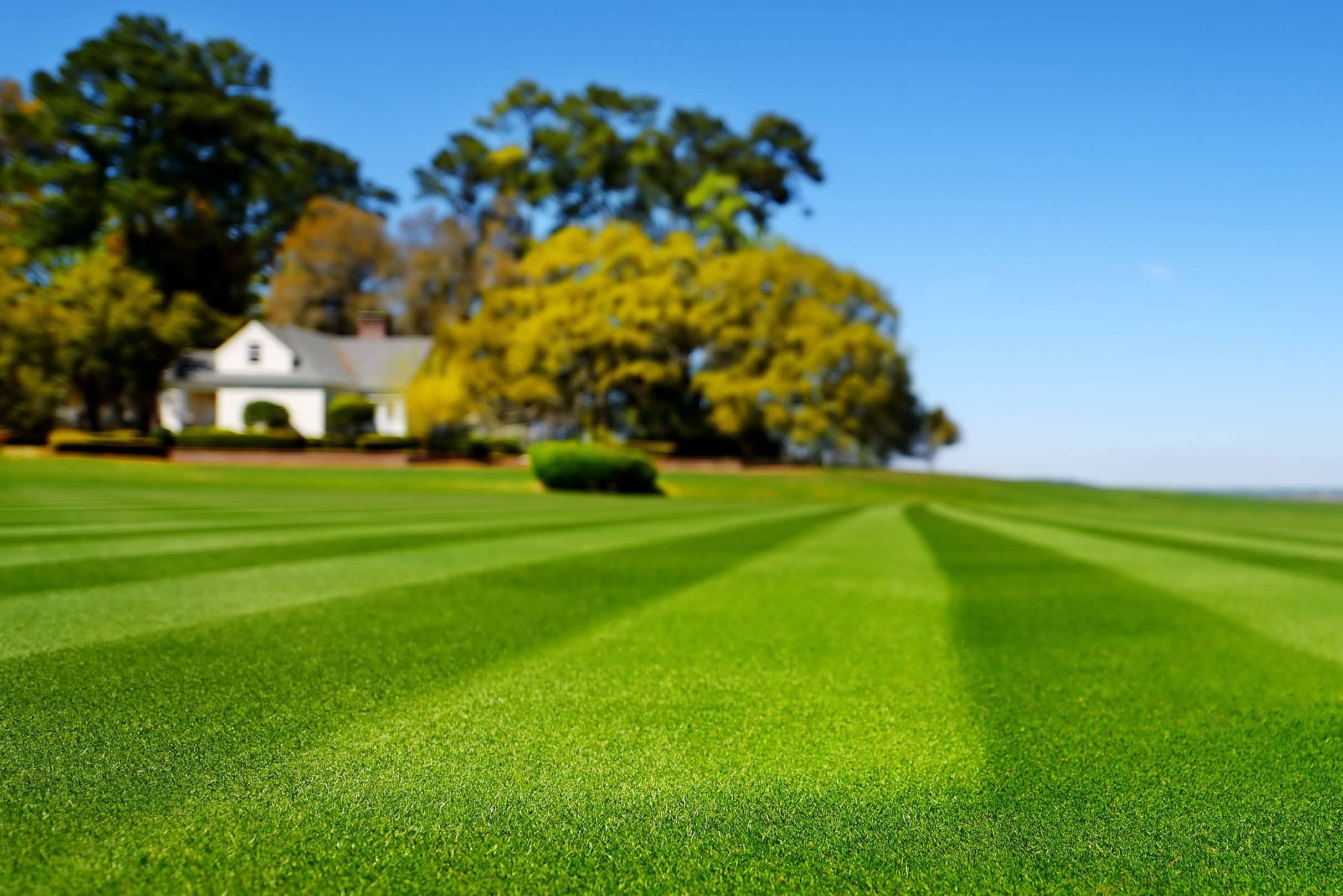
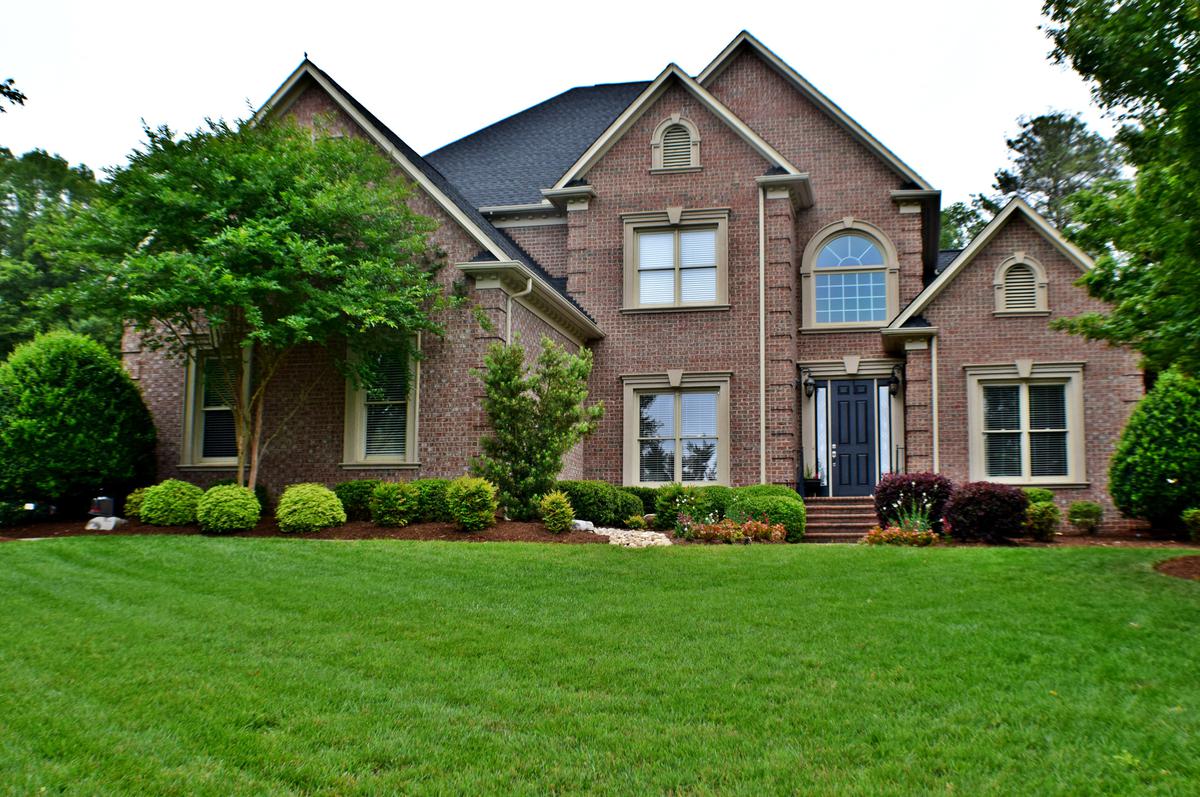
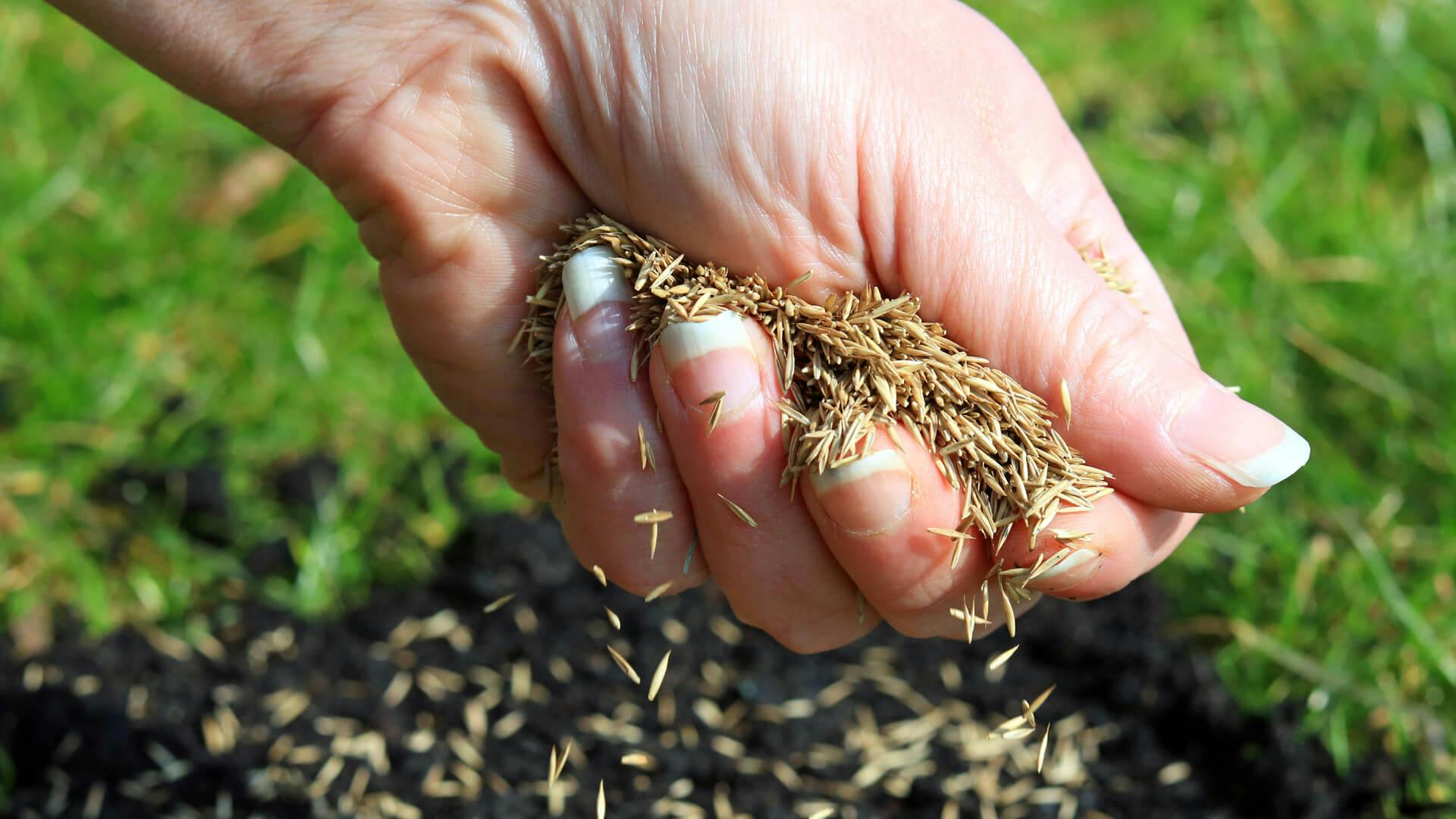
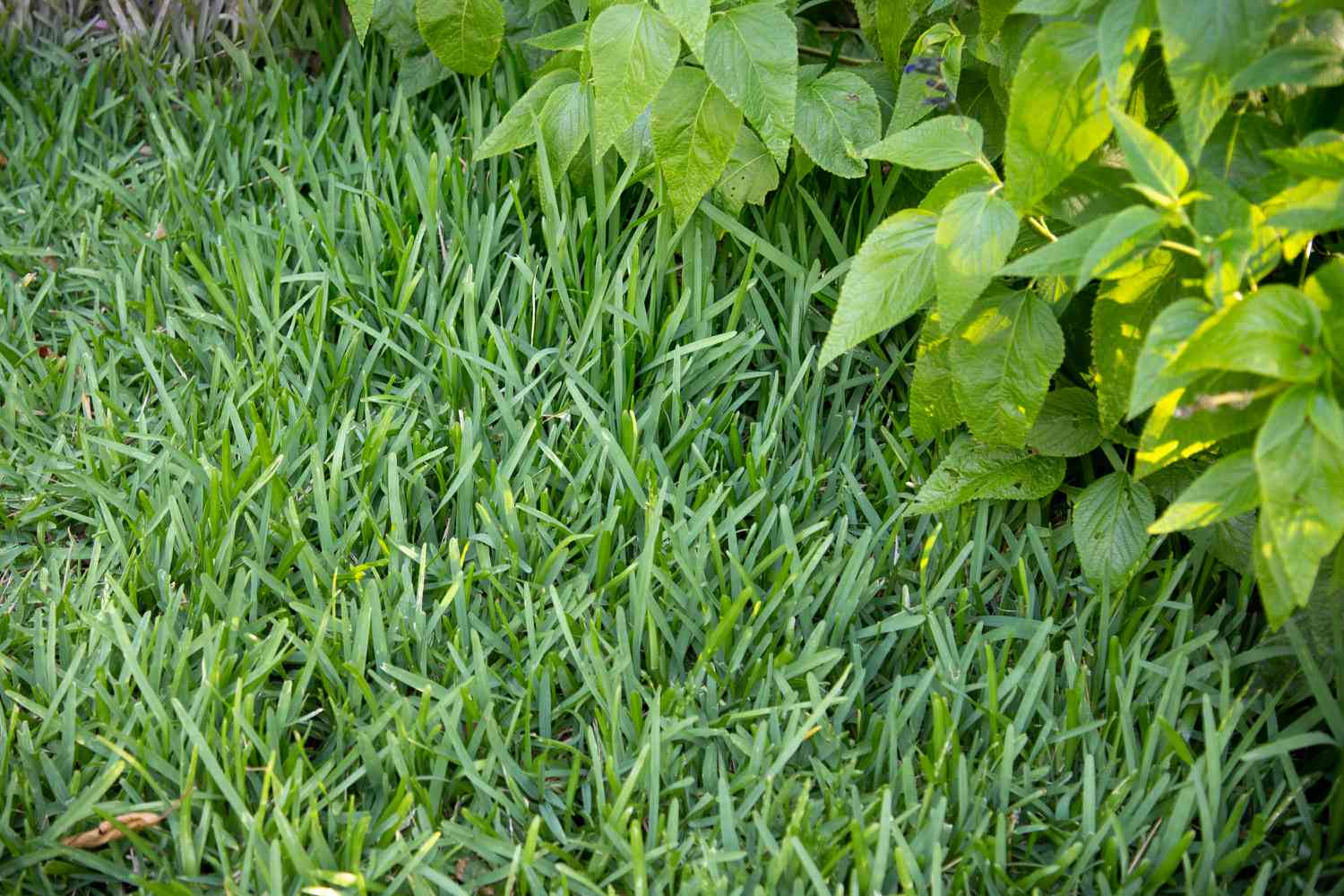
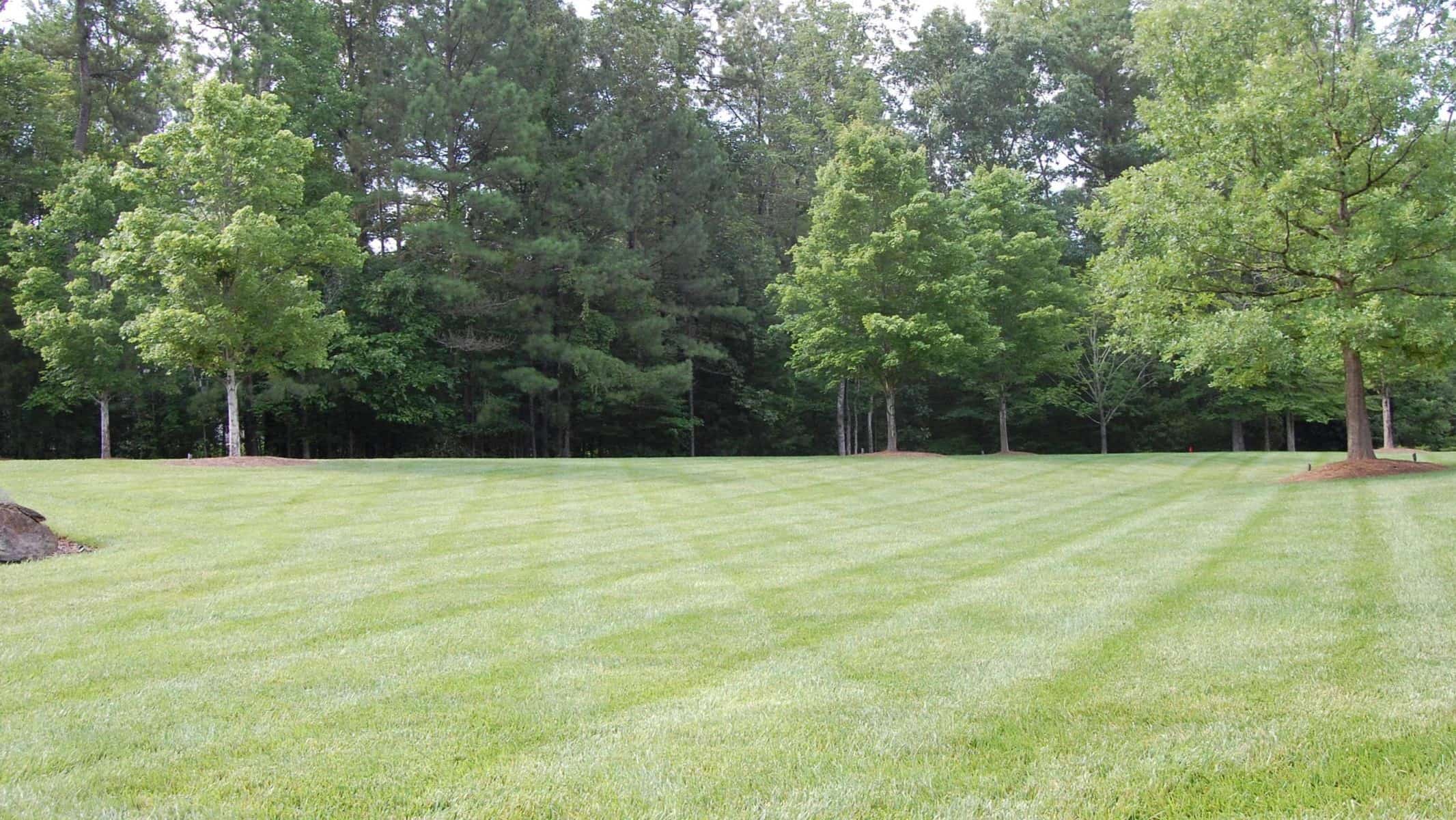

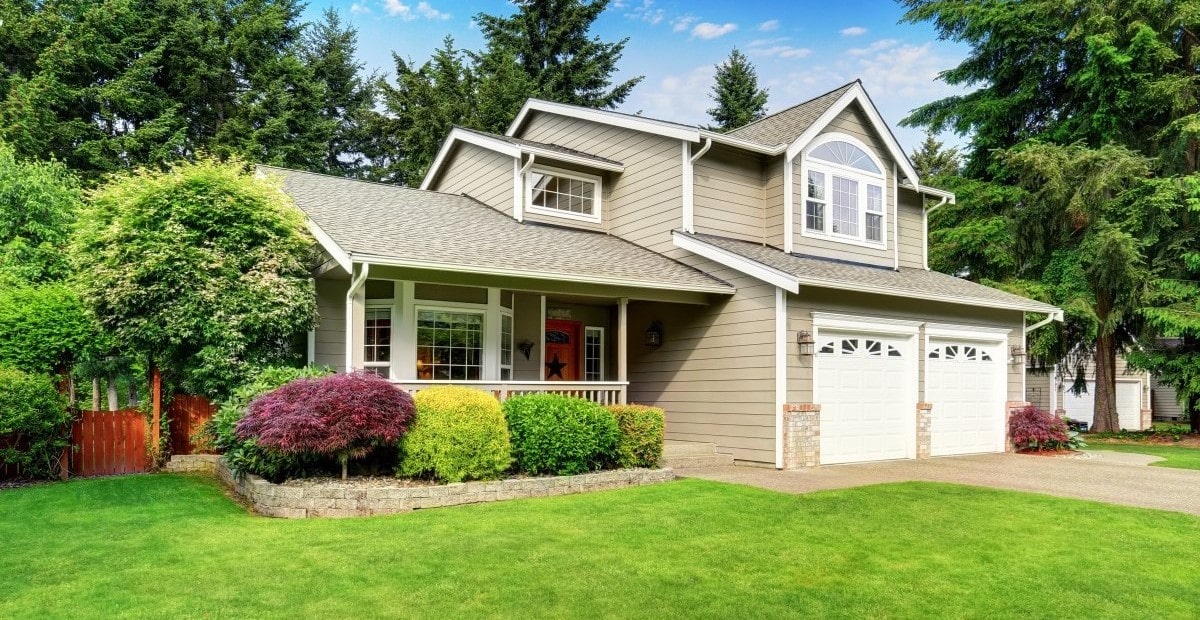
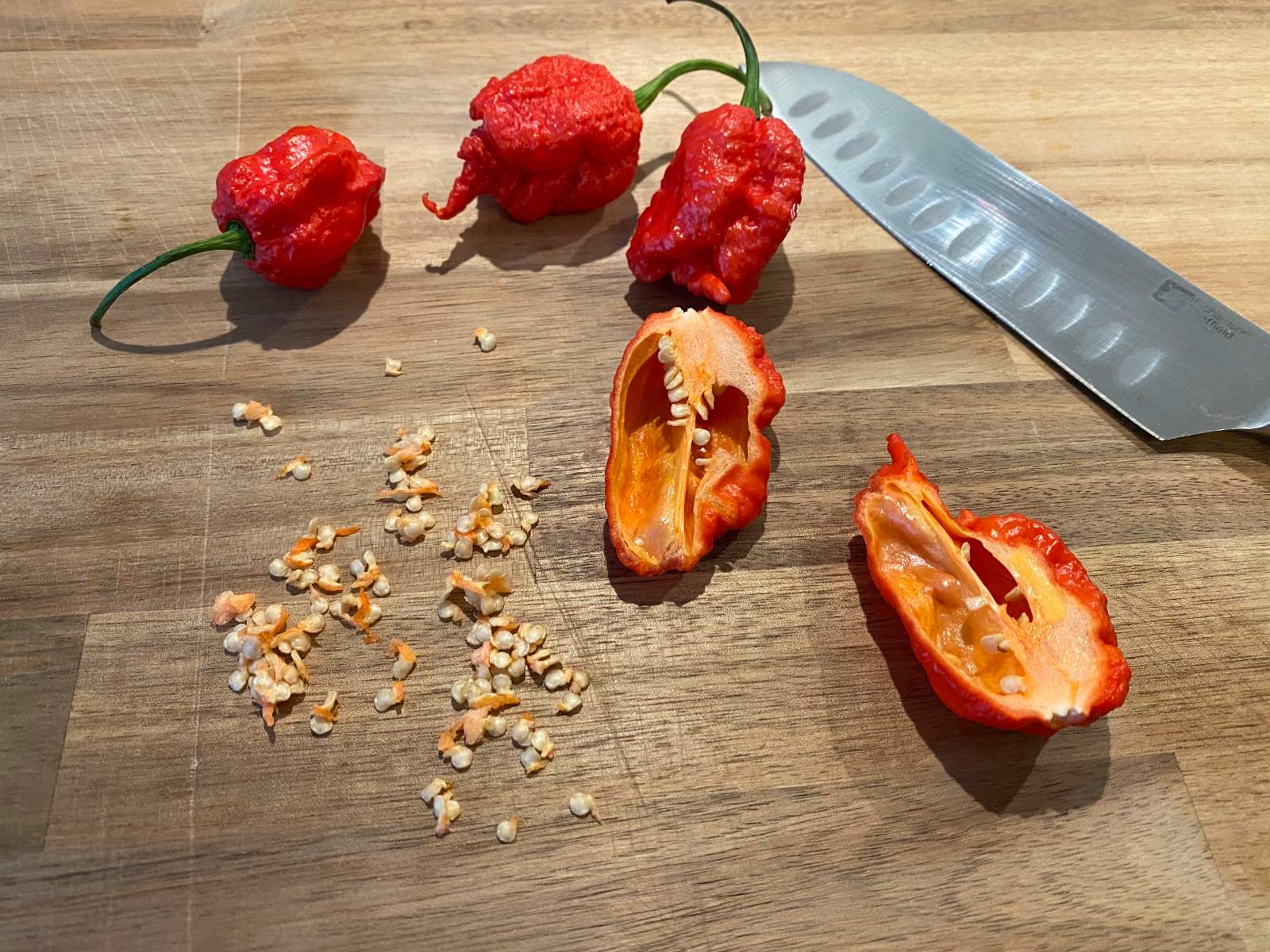
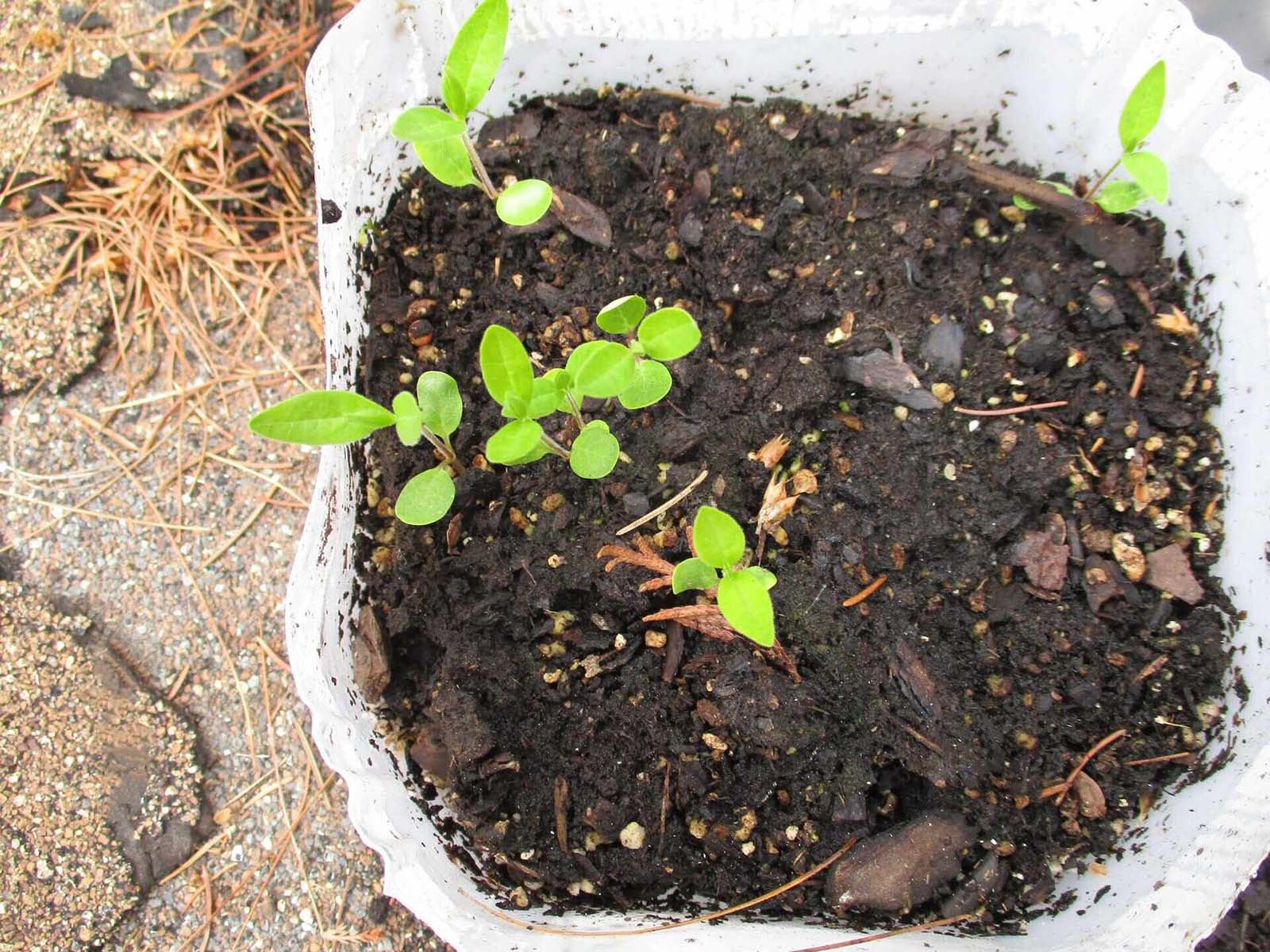
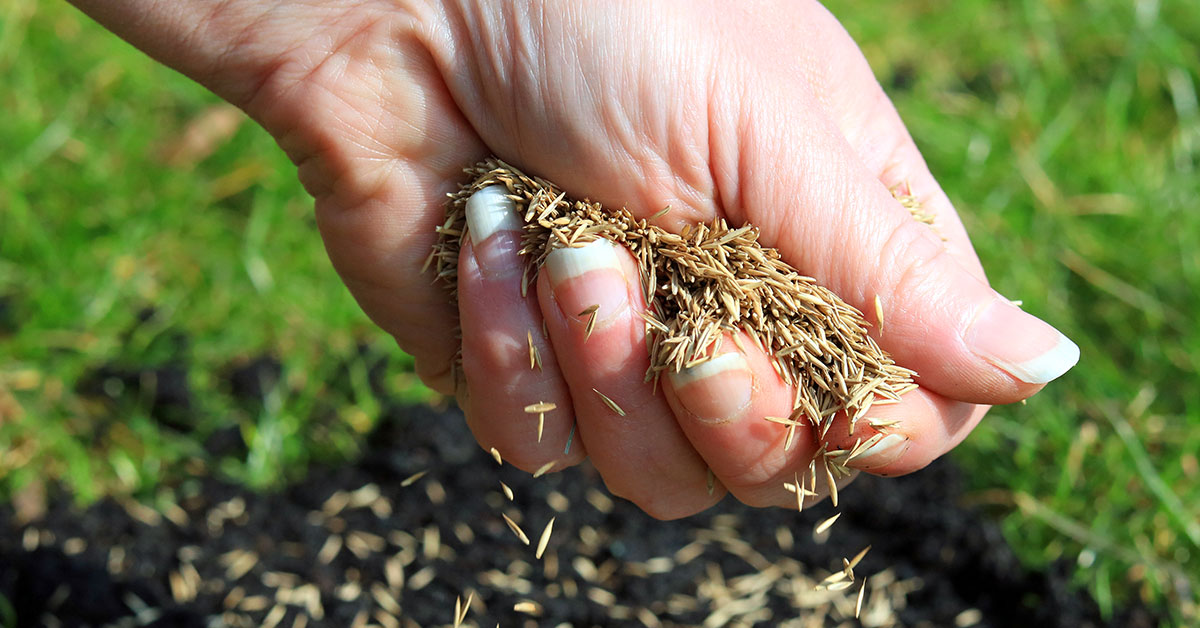
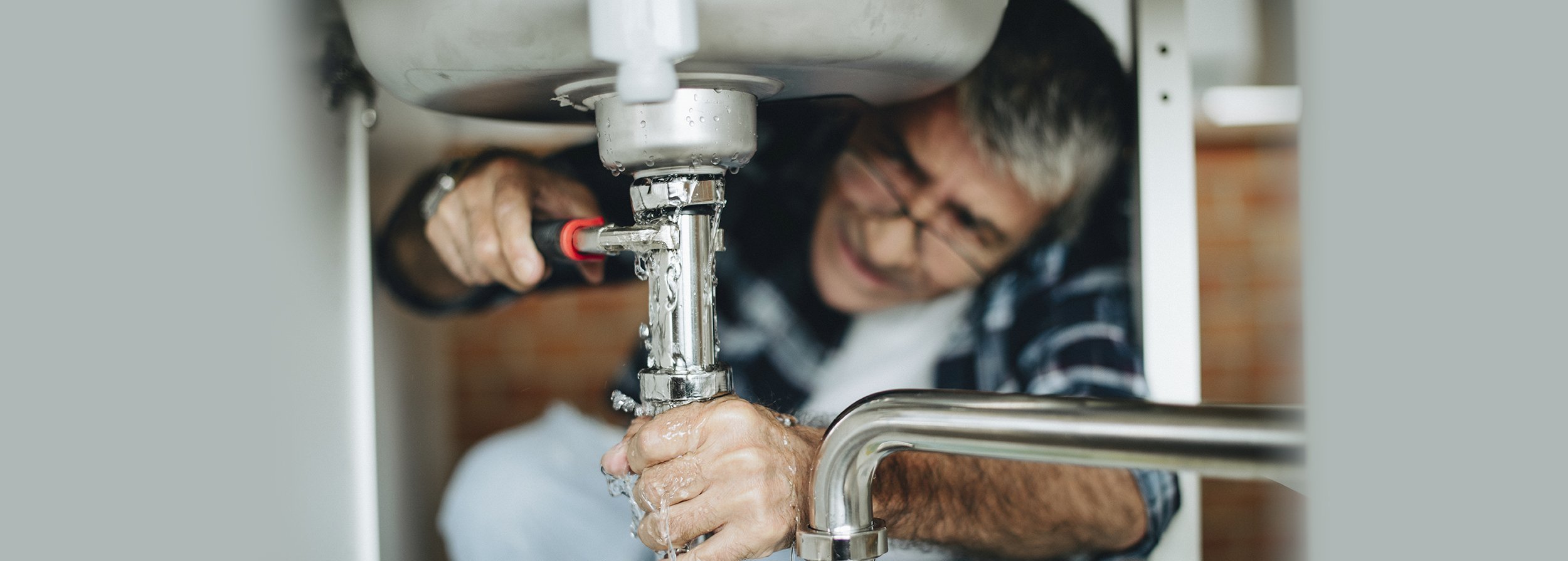
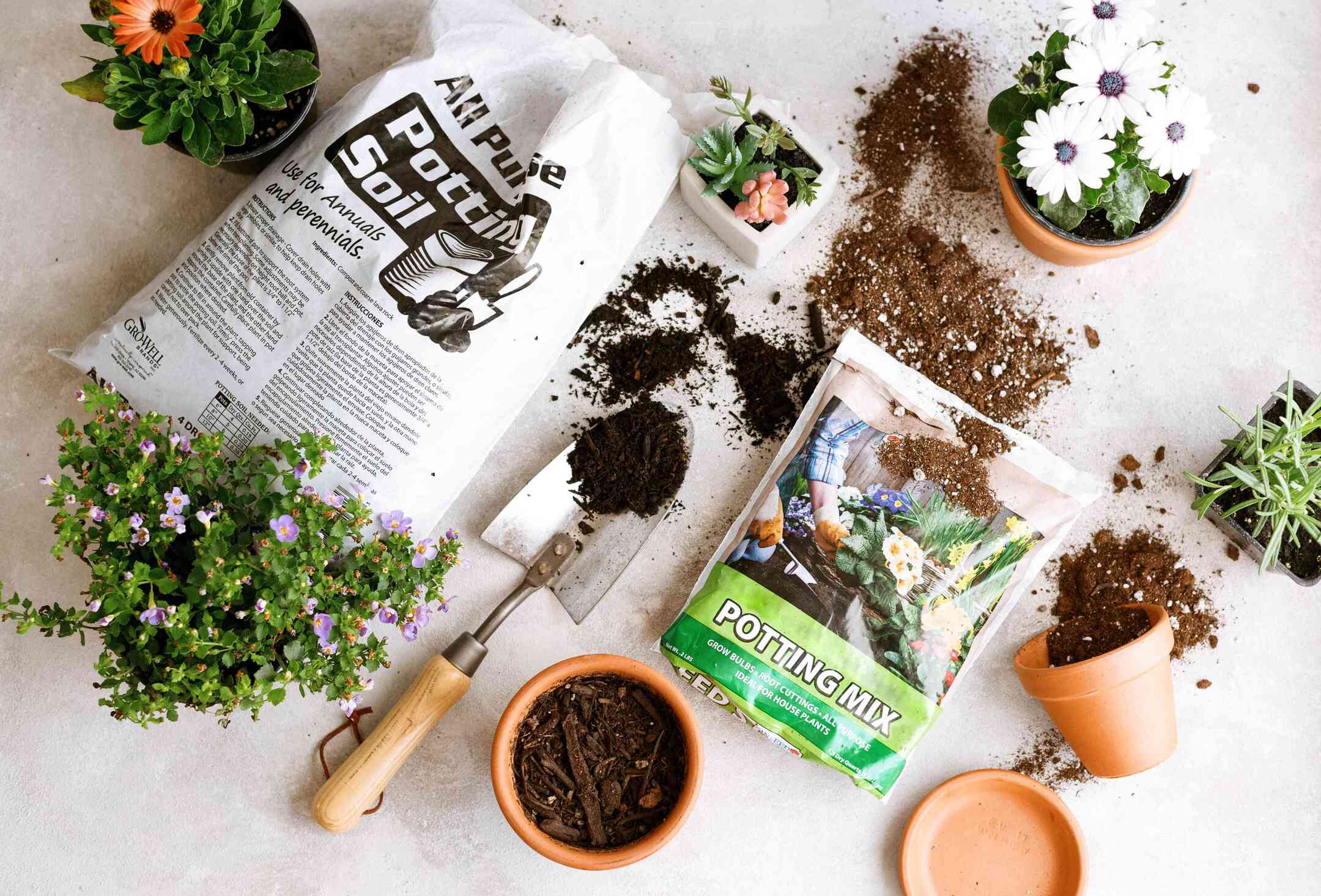
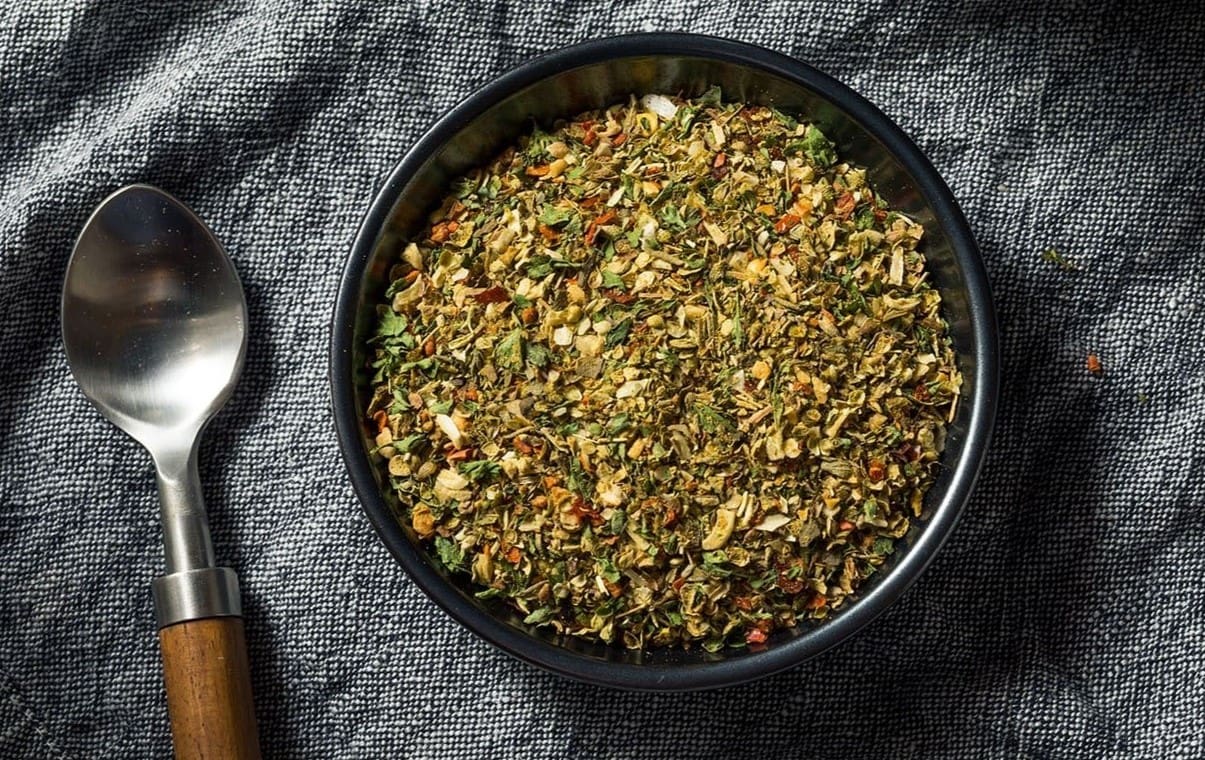
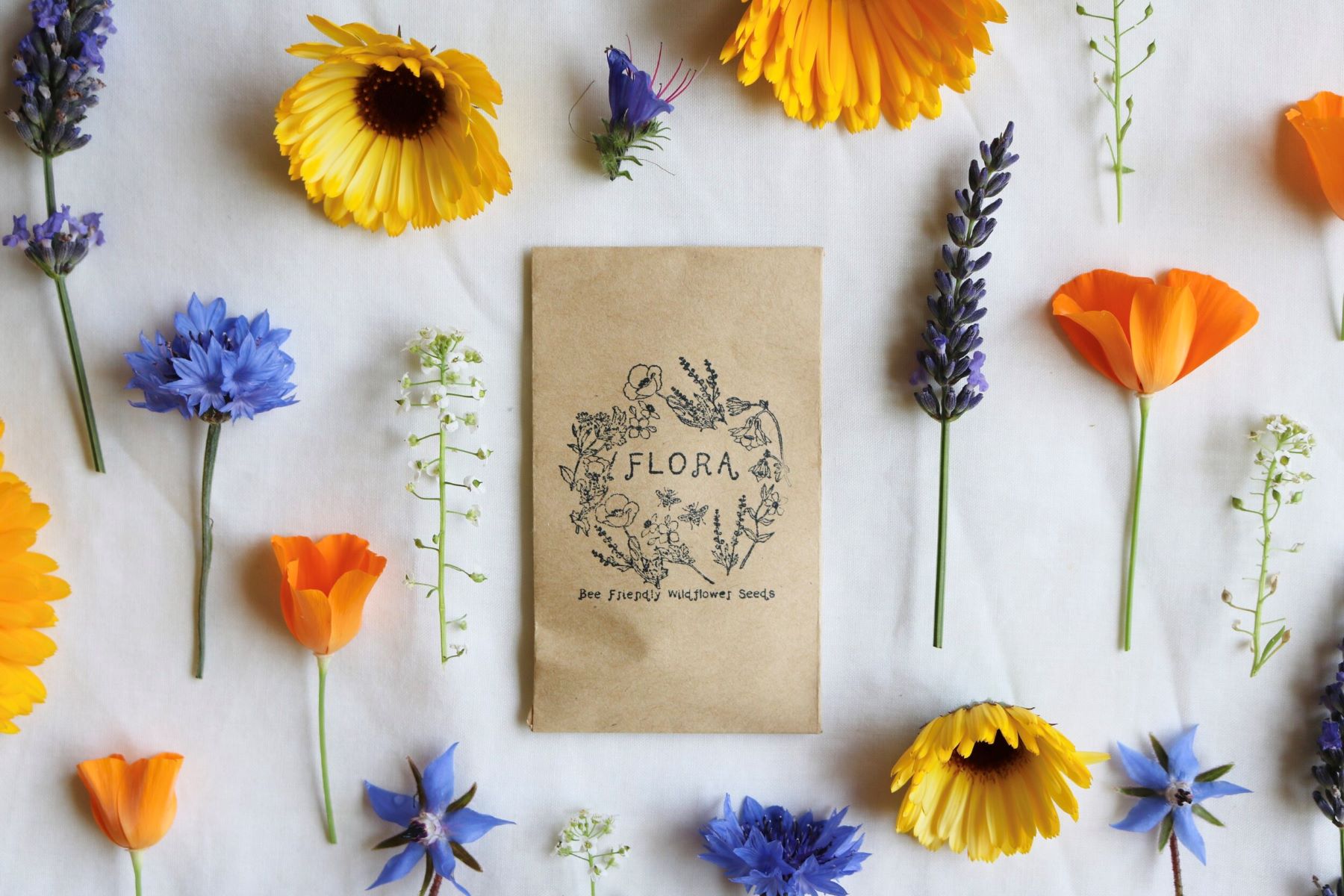

0 thoughts on “What Kind Of Wildflower Seeds To Buy For North Carolina”